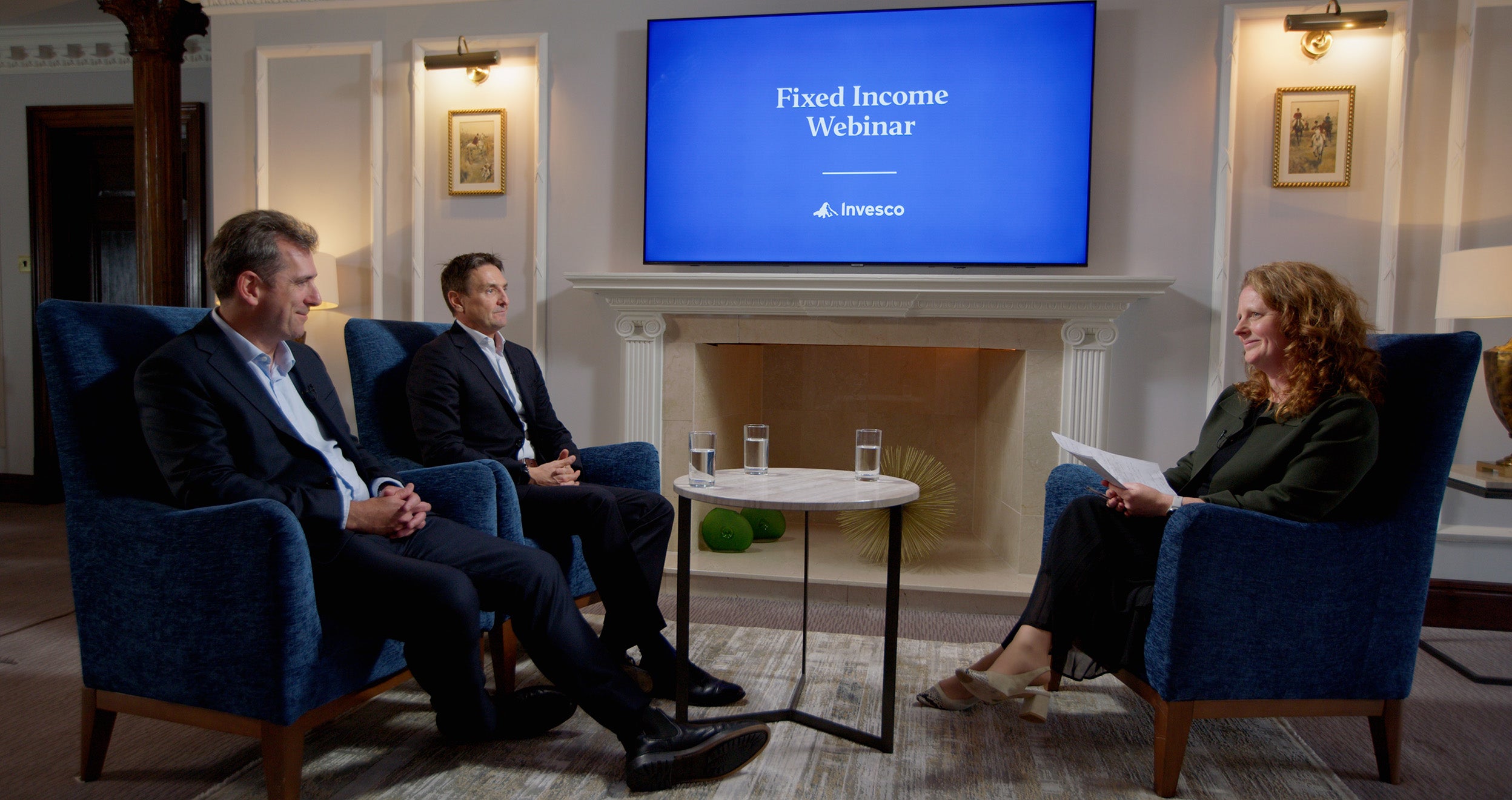Global Fixed Income Strategy Monthly Report

In our regularly updated macroeconomic analysis, we offer an outlook for interest rates and currencies – and look at which fixed income assets are favoured across a range of market environments.
In this edition:
Macro
January’s higher than expected US inflation reading raised questions about inflation’s future path and Fed policy. We expect US inflation to remain sticky this year but believe the declining trend is intact. The Fed may be cautious about its next cut, but we believe the bar is very high for a hike.
Credit
In the US, the rising popularity of home equity loans has led to their increased securitisation. We believe securities backed by home equity loans are an interesting investment option and we provide an introduction to this growing asset class.
Interest rate outlook
We maintain an overweight stance on European interest rates. US trade policy may pose downside risks to euro area growth and the ECB may need to cut rates more than expected. We are positive on UK rates and believe weakening growth and labour market outlooks may provide a downside asymmetry to short-term yields. Long-term yields also look attractive, in our view.
Currency outlook
Given the myriad headwinds to the growth outlook for the euro area, we remain underweight the euro. We are also underweight the British pound. The combination of weak domestic growth and falling yield premia, as the Bank of England cuts interest rates, should continue to weigh on the British currency.
The bottom line
US investment grade starts 2025 on solid footing, in our view. We speak with IFI portfolio managers about how high-income opportunities, solid fundamentals and strong supply-demand dynamics currently support the asset class.
Catch up on the last few editions:
FAQs
Whether you’re looking for income, diversification, capital preservation or total returns, our global fixed income teams have the strategies, the scale and the flexibility needed to match your objectives as markets evolve.
We have more than 200 fixed income specialists who invest across regions, investment styles and capital structures. Their expertise spans the entire fixed income spectrum, covering credit, rates and currencies.
- $313.72 billion in fixed income assets under management
- 45+ years investing in fixed income markets
Source: Invesco as of 31 December 2022.
Fixed income investments can offer several important benefits to investors:
- Diversification: Adding fixed income securities to a portfolio can help diversify it and reduce its overall risk, as bonds typically behave differently to other investment instruments like equities.
- Risk reduction: Fixed income investments are deemed less risky than stocks, as the issuer is contractually obliged to meet the income payments and repay the principal sum on the redemption date. In the event of bankruptcy, fixed income instruments also sit higher up the capital structure than equities. This means that the issuer will meet its debt obligations before looking after its shareholders.
- Liquidity: Many fixed income securities are highly liquid and can be easily bought and sold in the market.
While fixed income securities are deemed less risky than equities, there are still some key things to look out for:
- Interest rate risk: When interest rates go up, bond prices go down. This is because, in the new higher rate environment, new bonds will be issued on more attractive terms. As such, investors looking to sell their existing bonds will need to do so at a discount in order to compete.
- Inflation risk: When investors buy a bond, they commit to tying their money up for a set period of time. If inflation is high or rises during the lifetime of the loan, its value will be eroded and their money will have less purchasing power when it is repaid on the redemption date. Inflation also erodes the purchasing power of the income earned.
- Credit risk: When you invest in a business or government, there is always a risk that they will go bankrupt and fail to repay the loan. Furthermore, if they run into difficulties, they may struggle to meet interest payments and default on their obligations. Fixed income investors should carry out thorough credit analysis before buying a bond to make sure the issuer is financially sound.
- Market risk: If an investor is unable to hold a bond until maturity and needs to sell it on the secondary market, price fluctuations resulting from the overall performance of financial markets could lead to losses.
Related insights

Alternatives Private credit: quarterly market snapshot
Significant focus on the uncertainty of the US macroeconomic backdrop and its potential headwinds on the market remain top of mind for investment opportunities globally. Against this cautious outlook, we asked the experts from Invesco’s bank loan, direct lending and distressed credit teams to share their views as the first quarter of 2025 begins.

Investment Outlook Fixed Income: The argument for bonds is the strongest it has been in years
We believe the case for investing in bonds is the strongest it has been since the GFC. Invesco’s experts from across Fixed Income teams and asset classes share their views on the outlook and opportunities.

Fixed Income The future of fixed income investing; takeaways from our webinar
As we enter the final quarter of the year, our experts look back at the ‘year of the bond market’ and share their thoughts on the outlook for Fixed Income assets going forward.
-
Investment risks
The value of investments and any income will fluctuate (this may partly be the result of exchange rate fluctuations) and investors may not get back the full amount invested.
Important information
This is marketing material and not financial advice. It is not intended as a recommendation to buy or sell any particular asset class, security or strategy. Regulatory requirements that require impartiality of investment/investment strategy recommendations are therefore not applicable nor are any prohibitions to trade before publication. Views and opinions are based on current market conditions and are subject to change.
EMEA4277830



